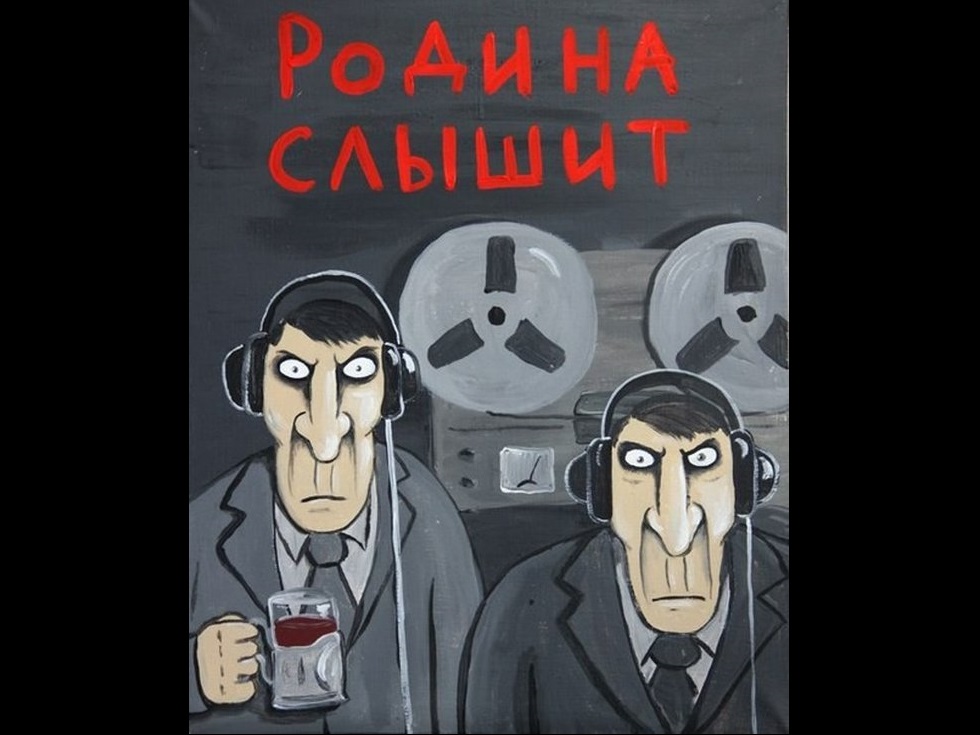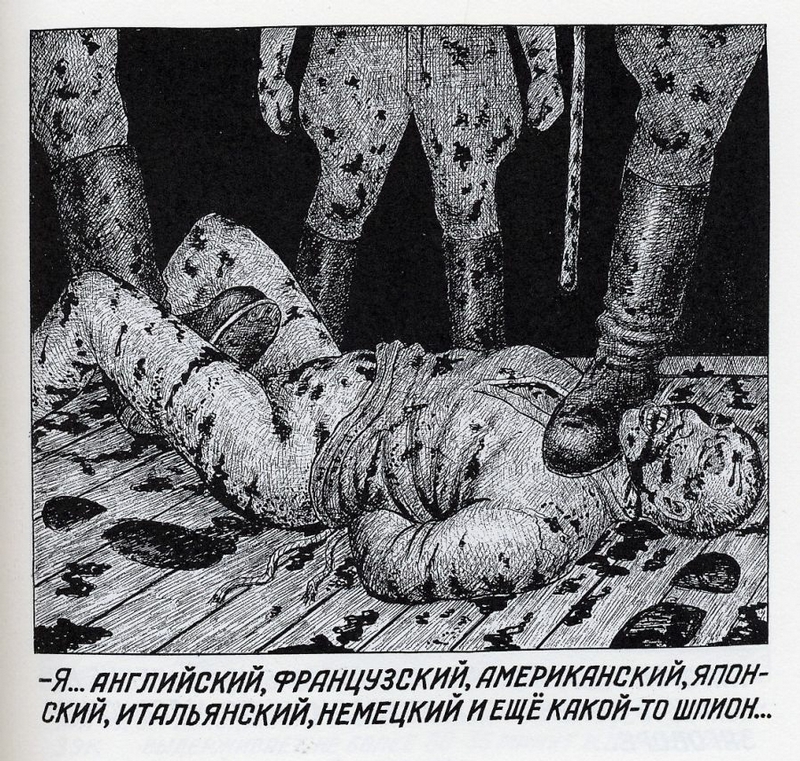There now can be little doubt that Moscow and the Russian security services were behind the poisoning of Sergei Skripal and his daughter, but even as ever more evidence points in that direction and ever more officials accept that verdict, there is a growing danger that this attack will soon be yesterday’s news and that the West will simply move on.
That makes the lessons from the case offered by three especially knowledgeable commentators — Vitaly Portnikov of Radio Liberty’s Ukrainian Service, former Soviet dissident Vladimir Bukovsky now living in the United Kingdom, and Russian historian Yury Felshtinsky who currently resides in New York – especially important.
That is because these lessons have been offered by Soviet and Russian actions of a similar type in the past but have remained unlearned by a West that cannot quite believe what Moscow, which places a much lower value on human life and a much higher one on revenge, is capable of.
First of all, Portnikov says that the biggest problem the West faces in dealing with such things is that it assumed that the Russian leadership will act as its members would in the same situation. Thus, in a run up to an election in which Putin wants to appear cooperative, one would assume that the last thing Moscow would want would be a scandal of this kind.
But to think that way, the Ukrainian commentator says, is to delude oneself. It is to assume that the Russian authorities operate by the same rules that Western governments do.
The Russian security services may in fact timed this action to correspond to the elections, Portnikov continues, “in order to show that Russia will not forget about traitors and enemies of the leader and is ready to punish them in any place regardless of whether that is London, Kyiv or Moscow.”
Or they may have done so to mark the anniversary of Stalin’s death: “Chekists are sensitive to dates and will remember” what a tragic day that was for their operations. After all, it has been suggested that the anti-Putin journalist Anna Politkovskaya was dispatched on Putin’s birthday as a kind of “gift” to the Kremlin leader.
Or the killing of Skripal may simply have been a matter of instinct, the Ukrainian commentator continues. The former Russian spy was on a list, the operation was prepared and then it was carried out. This too is the logic of the scorpion” to kill its enemies even if there is no other reason at all.
Second, Bukovsky points out the most unwelcome thing: the killing of Skripal was hardly something out of the ordinary. He says that he has been told that “over the last ten years, 12 to 16 former officers of the special services of the Russian Federation and businessmen have been killed” but that these cases were not publicized.”
Why do such murders continue? Bukovsky asks.
But for various reasons, they didn’t and so the killings “will continue.” Threatening to boycott the World Cup in Russia isn’t going to stop anyone.
And third, Felshtinsky points out that “after the death of Litvinenko, the only conclusions which the Russian government drew was that in response to such crimes, punishment was not going to follow.”
The only thing that makes the Skripal case “atypical,” he says, is that “the Russian government like the Soviet one never exchanged Russian citizens spies for their own spies abroad. Yes, they exchange foreign spies but not Russian ones. In this case, the FSB certainly did not have a choice.”
And they decided to use the same means they have in the past – poison – and to adopt the same stance – “we had nothing to do with it.”
The Litvinenko case proved to Moscow that it needed fear Western public opinion or even Western governments: the Russian special services and their boss in the Kremlin can do what they like, threaten as much as they want, and even kill – confident that the West will find an excuse not to do very much and display a desire to proceed as if nothing had happened.
Read More:
- Russia assassinated at least 13 Chechens abroad before victim returned fire in Kyiv
- How the Kremlin influences the West using Russian criminal groups in Europe
- The many ways terror serves the regime in Putin’s Russia
- Nemtsov and Moscow’s Bloody List
- How will the report on the murder of Litvinenko impact Putin?
- Litvinenko murder was ‘act of nuclear terrorism,’ his widow reminds the world
- Putin and the Litvinenko verdict








